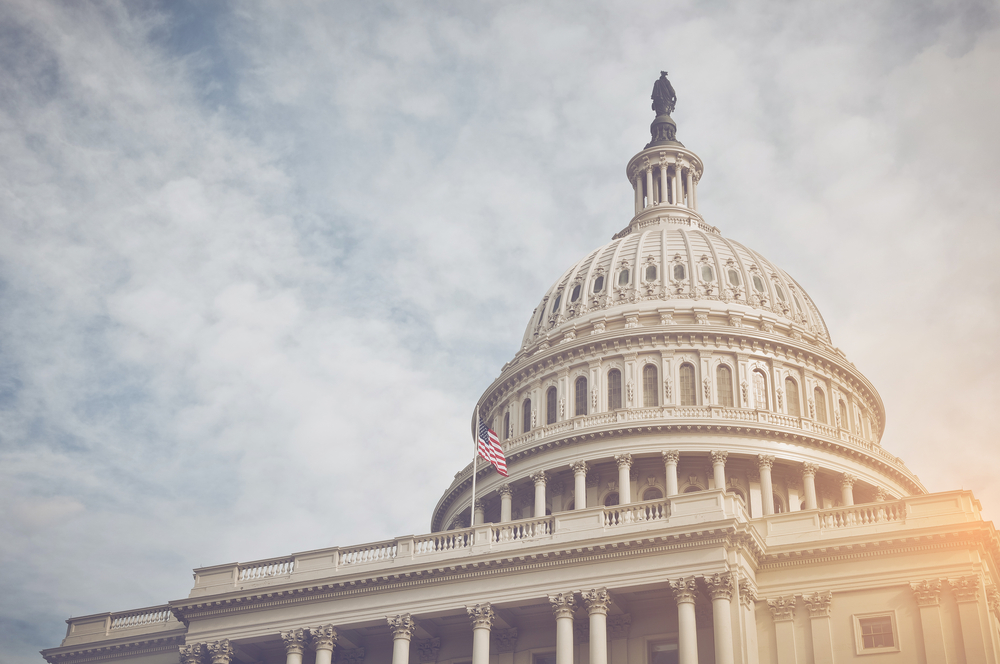
Nuclear experts recently met on Capitol Hill for a panel discussion on the Trump Administration’s recently released Nuclear Posture Review (NPR).
The panel compared the NPR to past U.S. nuclear policy and expressed concerns about the future of the nuclear relationship between the United States and Russia.
The Arms Control Association (ACA) hosted the panel, and Kingston Reif of the ACA moderated.
Panel members included Lynn Rusten, the Nuclear Threat Initiative (NTI) senior advisor for global nuclear policy and programs; Ambassador Linton Brooks, former administrator of the National Nuclear Security Administration; and Dr. Olga Oliker, director of the Russia and Eurasia Program at the Center for Strategic and International Studies.
Rusten said that the NPR describes broader contingencies for the use of nuclear weapons and fails to provide a positive agenda for nonproliferation and arms control. She also called the rationale given in the NPR for the need to develop more types of low-yield nuclear weapons “unconvincing and unnecessary.”
“In contrast to the 2010 NPR that advanced the long-term goal of a world without nuclear weapons, this NPR makes the case for an enduring role for nuclear weapons in our national security,” Rusten, the former senior director for arms control and nonproliferation on the White House National Security Council staff, said.
Oliker raised concerns about a premise of the NPR that says that Russia plans to use low-yield nuclear weapons early as part of an “escalate to de-escalate” response to a conventional military conflict with NATO or the United States. Oliker said that Russia has de-emphasized the role of nuclear weapons in official statements and military documents.
Brooks observed that the NPR keeps with the Obama administration’s program for modernizing the nuclear deterrent. Brooks expressed disappointment in the lack of discussion on arms control and raised concerns that the National Nuclear Security Administration would not receive sufficient funding to modernize nuclear weapons infrastructure and maintain the science base needed for a nuclear deterrent.




